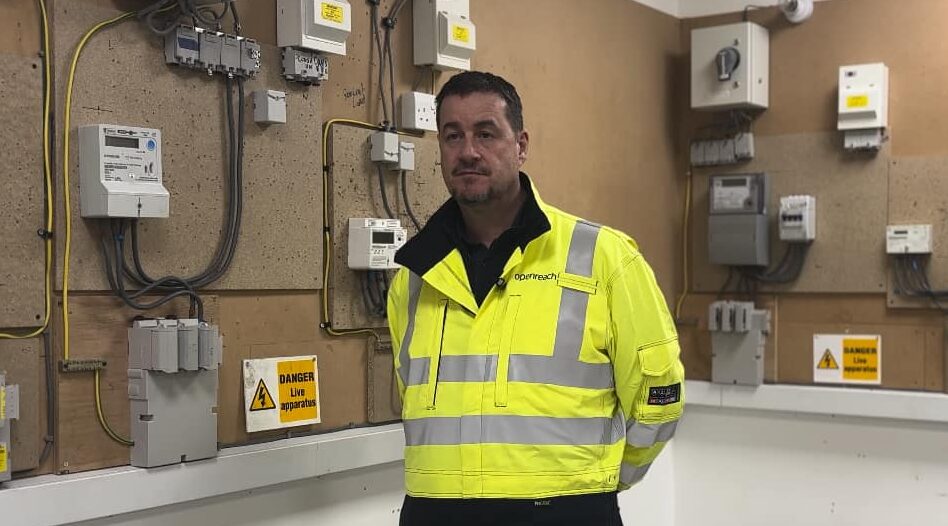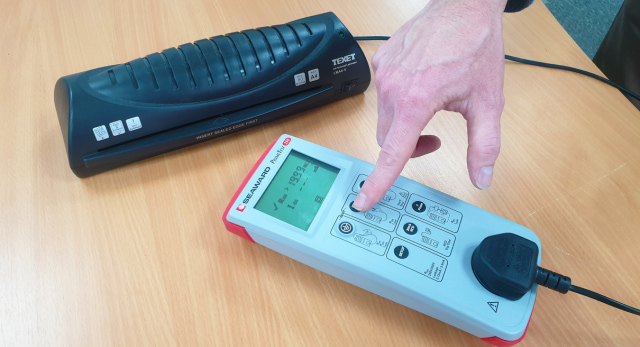Last week’s budget focused primarily on measures to help the country cope with the outbreak of the Coronavirus, COVID 19, but there was also a promise to invest in improvements to the UK’s infrastructure, particularly our roads and a pledge to build more homes.
Our economy is predicted to grow by 1.1% this year, revised down from 1.4% a year ago. Here are the key points:
Tax implications:
- The tax threshold for National Insurance Contributions will rise from £8,632 to £9,500
- Those earning more than £9,500 will be, on average, £85 a year better off
Infrastructure:
- More than £600bn is to be spent on roads, rail, broadband and housing by the middle of 2025
- New £1bn fund to remove all unsafe combustible cladding from all public and private housing higher than 18 metres
- There will be £27bn for motorways and other arterial roads, including a new tunnel for the A303 near Stonehenge
- £2.5bn will be available to fix potholes and resurface roads in England over the next five years
Fuel, booze and cigarettes:
- Fuel duty is to be frozen for the 10th consecutive year
- Duties on spirits, beer, cider and wine are also to be frozen
- Tobacco taxes will continue to rise by 2% above the rate of retail price inflation. This will add 27 pence to a pack of 20 cigarettes
How does the budget help with the present threat of the Coronavirus?
- The government has pledged a £5bn emergency response fund to support the NHS and other public services in England through the current crisis.
- All those advised to self-isolate will be entitled to statutory sick pay, even if they’ve not presented with symptoms.
- Self-employed workers, not eligible to statutory sick pay, will be able to claim contributory Employment Support Allowance (ESA). This benefit will be available to claimants from day one, not after a week, as now.
- Firms with fewer than 250 staff will be refunded for sick pay payments for a period of two weeks.
- Small firms will be able to access Business Interruption loans of up to £1.2m.


